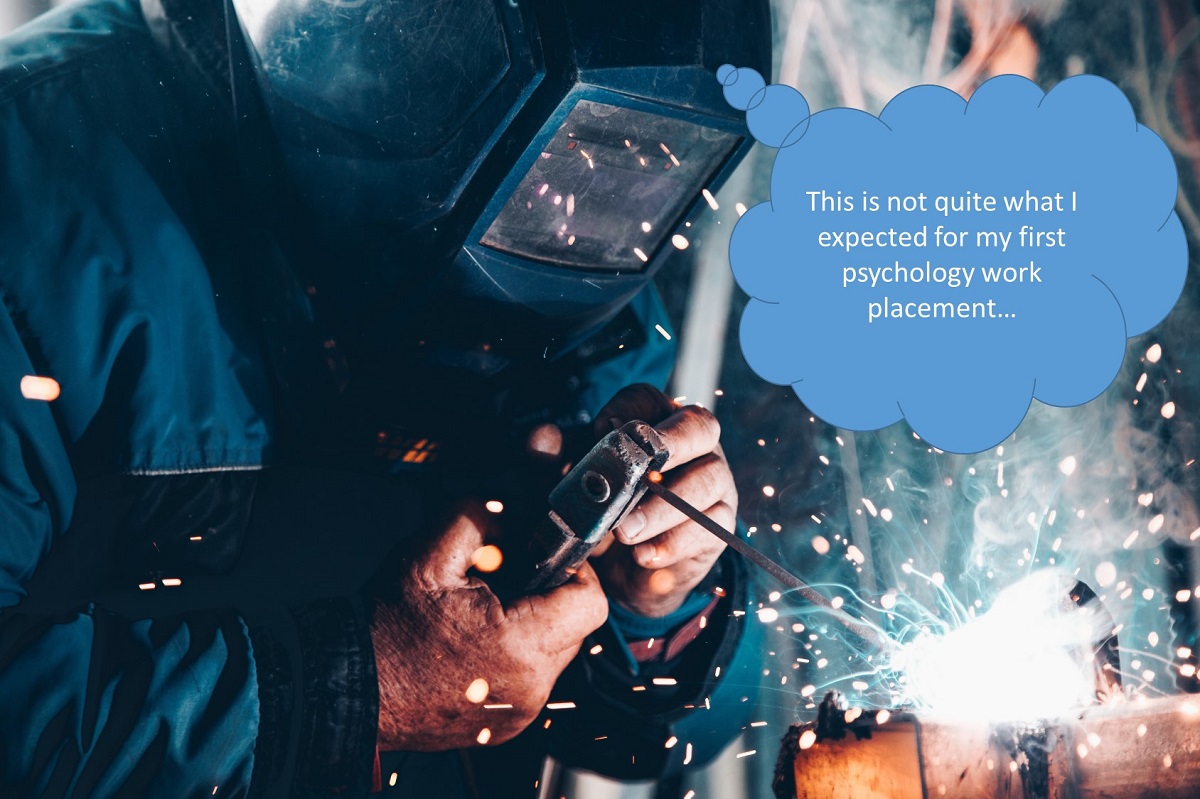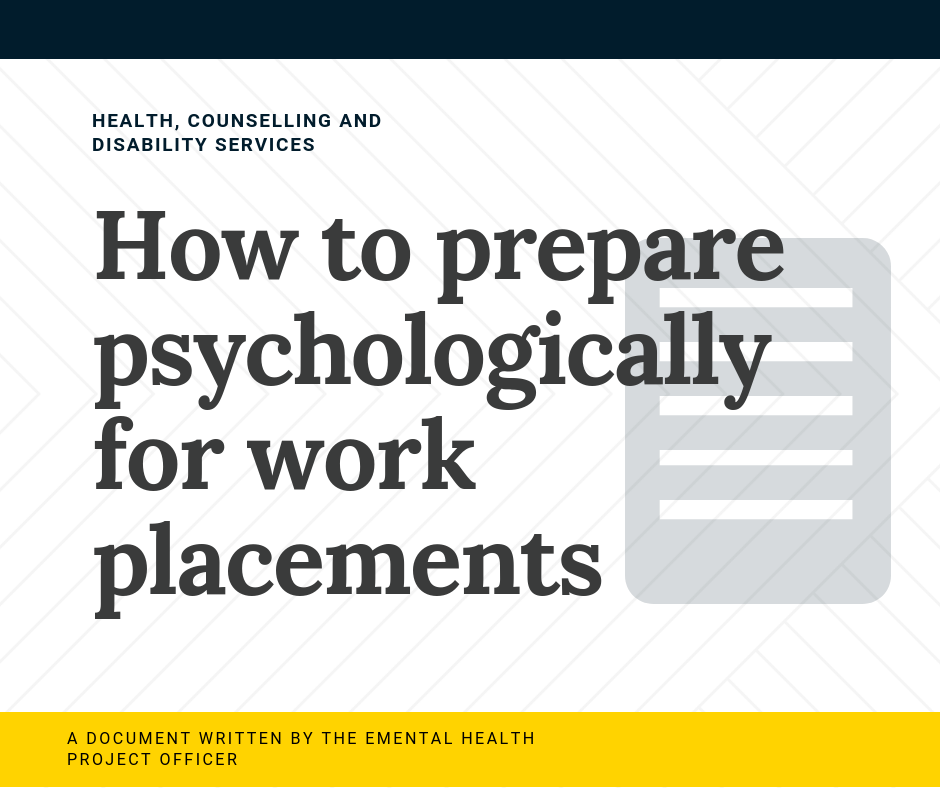
Work placements provide students with valuable hands-on experience, helping them to develop practical skills and gain real-world insights into their chosen field of study. Work placements can also help students to build professional networks and make connections in their industry, which can be beneficial for their future career prospects. Given this, I’ve collected together some of my (and others) advice on making the most of work placements.
Work placements are a critical component of many degrees. They are chances for students to see what working in their chosen area involves.
I remember my clinical placements in psychology as both highly nerve-wracking, but also incredibly valuable. One of the places I did my work placement ultimately became my employer after my training.
A while back I prepared some materials for 3rd year students who were about to go out on work placements. I’ve continued to update those materials over the years and we now have the 2023 edition. You’ll find it attached to this blog post.
The document highlights 14 things you could focus on to ensure you get the most out of your work placements
They are as follows:
- Know what to expect
- Clarify what you want to get out of the placement and put things in place to make that happen
- Clarify what kind of impression you want to leave at the workplace
- Get your own health and wellbeing in check
- Routines – timetabling and self-care
- Portraying competence
- Plan for challenging emotions to arise
- The importance of communication and feedback
- Notice and name perfectionism
- Self-reflection
- Finding meaning and purpose, even in a placement that isn’t your interest area
- Networking
- Take the time to self-reflect on what skills you are developing on placement (work skills for the future)
- Ask yourself if this is a job you can imagine yourself doing
Yes, this is quite a bit, but I’ve tried to be succinct in addressing these areas. I really just want to get you thinking about the placement experience in a few different ways. As such I don’t apologise for the length of the document, but I do suggest you put aside a bit of time to digest it all.
Please note: I DO NOT EXPECT YOU TO DO ALL OF THE THINGS SUGGESTED IN THE DOCUMENT. Trying to do everything outlined in the document would be counter-productive.
However, what I do hope you get from this document are some ideas about the different (and relatively simple) ways that you can prepare for your placement. Use the ideas that are helpful to you, ignore those that are not.
If you have any questions about what is written in this document, feel free to email me (gareth.furber@flinders.edu.au).
Also feel free to share this document with fellow students who you think might benefit from it.
Finally, if you have some suggestions on how to make the document better, please don’t hesitate to contact me. I can take criticism 🙂
Click the image to access the pdf.


